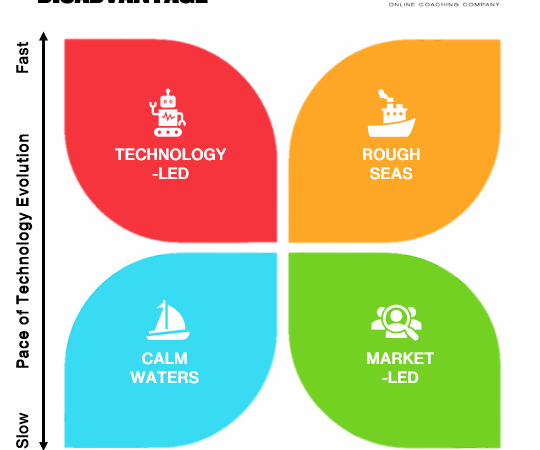When I was a naïve young man, pondering financial freedom and wealth creation despite earning $75 per week, there were a few simple frameworks that helped set my vision. Boy, were they horribly wrong!
One of these was the idea of “Dividend Investing”, where someone can build a portfolio of shares such that the quarterly or annual dividends funding the individual’s lifestyle.
This strategy flies in the face of all but the most conservative (or questionable) financial planning advice, especially if your goal is to stop working once you have ‘enough’. And yet I still, in Financial Independence circles, see people suggesting that this is their strategy.
Here’s why it’s a bad idea. I hope this helps educate someone, in much the same way I was educated over the years.
Why Growth Stocks > Dividend Investing
People who chase dividends seem to me to live in a world where (1) Dividends don’t affect share prices, now or in the long term, and (2) Tax is irrelevant.
(Perhaps self-funded retirees and the franking credit refund are an exception – but I say ‘perhaps’ only because I haven’t analysed that use case myself).
Dividends affect share prices, because they reduce the valuation of a company.
Think about it this way. Say a company has $50 million in cash and 50 million shares. That cash is reflected in the share price – it adds $1 per share.
What happens if the $50 million is paid out as a dividend? Well if I have 1,000 shares, I now have $1,000 dollars in my pocket (and a tax bill, see below). BUT the value of my shares just dropped by $1. So I don’t actually have more money (I have less, see tax bill below).
And this isn’t some hypothetical assumption. While it can be masked by the normal day-to-day movements of a share price, it’s fairly well accepted that share prices drop by an amount equal to the dividend issued.
From Investopedia.com:
“After a stock goes ex-dividend, the share price typically drops by the amount of the dividend paid to reflect the fact that new shareholders are not entitled to that payment. Dividends paid out as stock instead of cash can dilute earnings, which can also have a negative impact on share prices in the short term.”
But it gets worse than just “not helping my personal balance sheet”. Because now the company has $50 million less that can be invested to grow the company.
My whole line of work is helping companies invest $1 to make $2 (or $5 or $10 or more). So chasing dividends is ridiculous to me, because you pull capital out of a company which slows down future growth, and therefore limits my future returns.
But what about Dividend Reinvestment?
Some of the 1,000+ companies I’m invested in do pay dividends. And I have DRPs (Dividend Reinvestment Plans) in place to take those dividends, and buy more shares – compounding my returns.
But here’s the kicker I alluded to above: I get a tax bill every time this happens to me!
Now for me as an Australian resident, tax is unavoidable. But there’s a HUGE difference between Capital Gains Tax and Income Tax, which is the 50% discount on capital gains where the asset has been held for more than 12 months.
If I sell shares in companies I own, and make money because the price has increased, then I pay CGT. However – I pay that tax at a time I choose (when I choose to sell the shares), and if I make $1 in long term capital gains then I only pay tax on 50 cents. If I do that in retirement, I might owe no tax at all!
Compare that to dividends, which are paid out at a time I don’t control (possibly during a year when my other income is higher, so my tax rate is higher) and where I owe tax on the whole amount (less franking credits, which only apply to some shares).
And if I put that dividend into a DRP, because of tax I’m only reinvesting 53c – 67.5c depending on my tax rate that year.
- Growth stocks with $50 million in cash – all reinvested
- Dividend stocks with $50 million in cash – I lose 32.5% – 47% in tax before reinvesting
So Dividend Investing is naïve. Your balance sheet is no better off when the Dividend is paid; then you pay tax before being able to reinvest that money; and the companies you are invested in also lose the ability to invest that money in future growth.
Sounds good on paper. Doesn’t work in the real world.





If there is no CGT discount, would you favour dividend stock more? e.g invest in a bucket company
The CGT discount is nice, but my main concern is the tax drag during the accumulation phase. So I’d definitely need to run some comparative numbers, but my gut feel is that paying more CGT at the end is probably still better than paying more tax along the way. You’re right though that it would make a bucket company (no CGT discount, but only a 30% tax rate) more appealing for some.